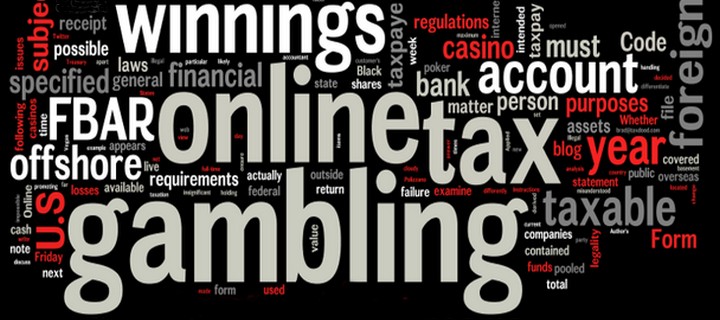- California lottery. We do not tax California Lottery or Mega millions. Visit Schedule CA Instructions for more information. How to report Federal return. Report your full amount of gambling winnings on U.S. Individual Income Tax Return (IRS Form 1040). Report your losses on Itemized Deductions, Schedule A (IRS Form 1040). California return.
- More than $5,000 in winnings (reduced by the wager or buy-in) from a poker tournament Any winnings subject to a federal income-tax withholding requirement If your winnings are reported on a Form W-2G, federal taxes are withheld at a flat rate of 24%. If you didn’t give the payer your tax ID number, the withholding rate is also 24%.
More Articles
All you need is a dollar and a dream. That slogan basically sums up the Cali Lotto. If you win big and achieve your dream, keep in mind that a percentage of the money will go to taxes. While California is a relatively high tax state, there’s an exception for CA Lottery winners.
Feb 25, 2010 - federal taxes - 25% of gambling cash winnings (if you would not be able to provide a proper tax identification or if you are a subject of backup withholding - 28%)- CA state income tax - 7% of gambling winnings. You would be able to recover part of withholding by filing the tax return. Let me know if you need any help.
Tip
You can typically expect to pay the highest federal tax rate of 37 percent on your lottery jackpot winnings.
Super Lotto and More
Whether you’ve won the Super Lotto, Mega Millions or Powerball lotteries, the way the jackpots are paid are the same. Each major prize is paid in 30 graduated annual installments by default. California does not charge state tax on these winnings, and there are no local taxes, but federal taxes are withheld from the annuity checks. Keep in mind that although the lottery winnings are not subject to California state tax per se, winners may find themselves liable for local and state taxes based on their overall annual income.
Oklahoma Income Tax Gambling Winnings
There is an exception to the general rule that lottery winnings are not subject to California taxes. If you purchased your winning ticket out of state, you will have to pay California state taxes on the amount.
Lottery officials urge winners to obtain legal advice and consult a tax professional after claiming their prize. By law, the name of Cali Lottery winners is public information, so you may find yourself with a lot of new best friends. The winnings will change your life irrevocably, so make sure you seek out sound financial management.
Winner’s Payment Choices
Lottery winners don’t have to settle for the annual payment. They can decide to take the cash option, which is less than the jackpot amount. That’s because the jackpot amount is based on the state government investing the money and the winner receiving the annual annuity. At the end of 30 years, the amount will equal the announced jackpot.
If you’re concerned that you may not live another 30 years, that’s not necessarily a reason to choose the cash option. If the winner dies, their estate should contact the CA Lottery so that annual payments are made to the winner’s beneficiaries.
You can designate beneficiaries beforehand by filling out the Lottery Beneficiary Designation obtained from the lottery’s prize payment annuity desk. You can change beneficiaries at any time simply by filling out another form. Winners who do not fill out such forms will have their payments made to beneficiaries either by court order or via established lottery procedures.
California
Federal Taxes on Lottery Winnings
Gambling Winnings Tax Rate California 2020
If you win big in 2018, the federal tax bite is a little less than in previous years because of the Tax Cuts and Jobs Act, signed into law by President Donald J. Trump on Dec. 22, 2017. It lowers the highest tax bracket, which you are probably now in, to 37 percent.
Since CA Lottery withholds 25 percent of the winnings for U.S. citizens and resident aliens who provide a social security number (28 percent of the winnings for U.S. citizens and resident aliens who do not provide a social security number) for the IRS, you’ll have to pay the remaining 12 percent (or 9 percent if you don't provide a social security number) at tax time.

Report your lottery winnings from Form W-2G as 'other income' on Line 21 of Schedule 1 (1040), including any winnings that are not reported on W-2G. If you have no adjustments to income on Line 36 of Schedule 1, transfer the total on Line 22 (which includes your lottery winnings on Line 21) to Line 6 of Form 1040.
The IRS should mail all big winners of lotteries the Form W-2G by Jan. 31, 2019.
- Adam Gault/Digital Vision/Getty Images
Read More:
